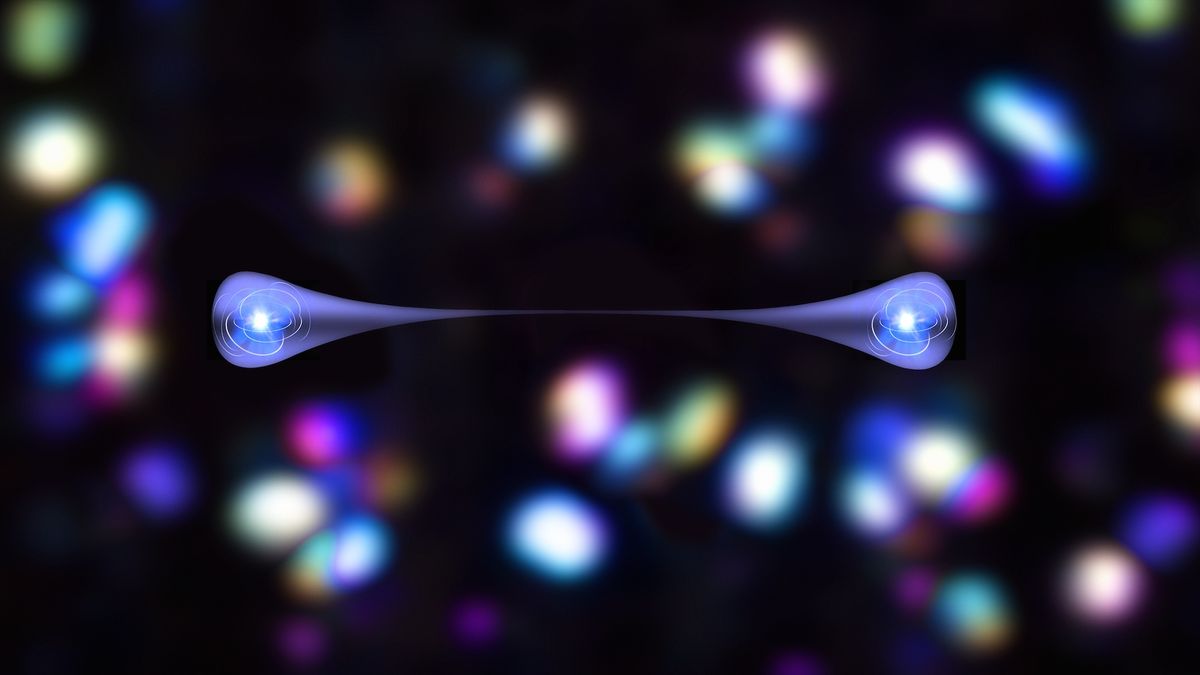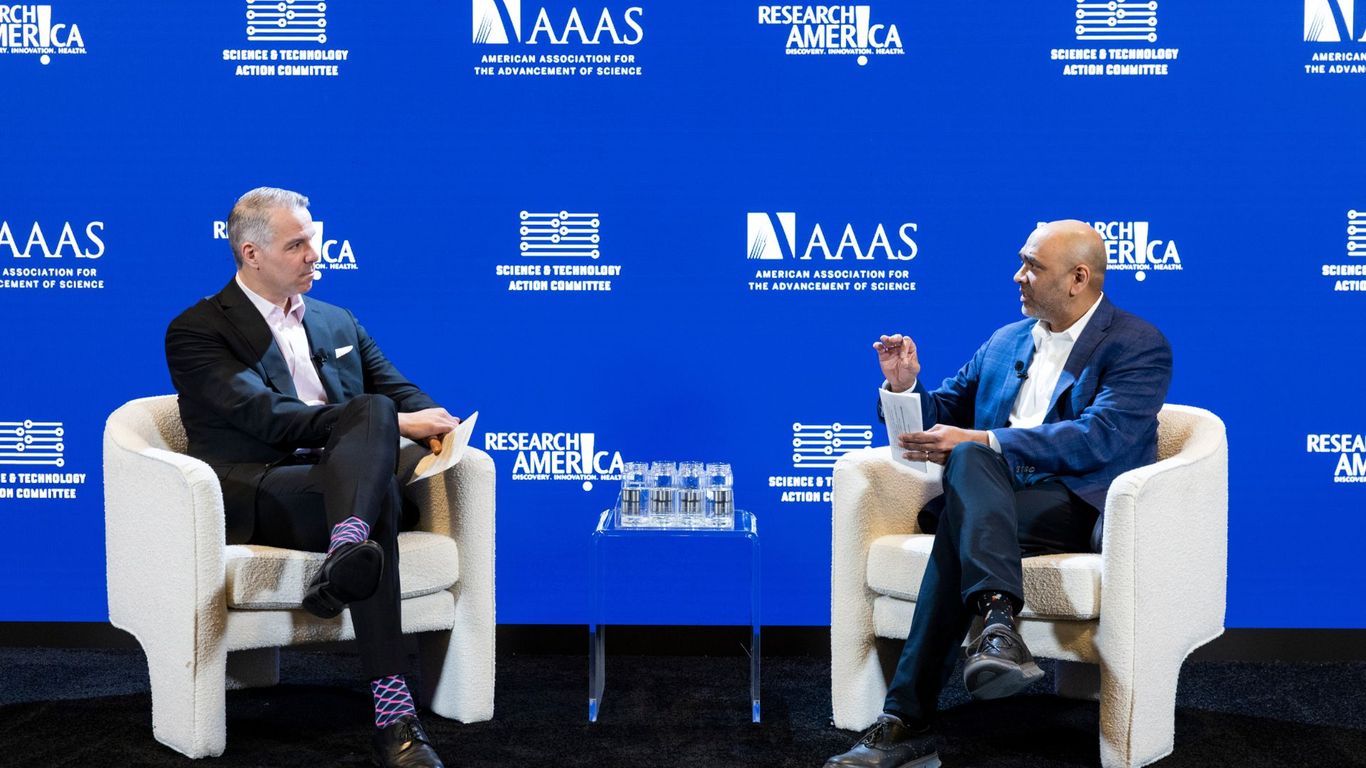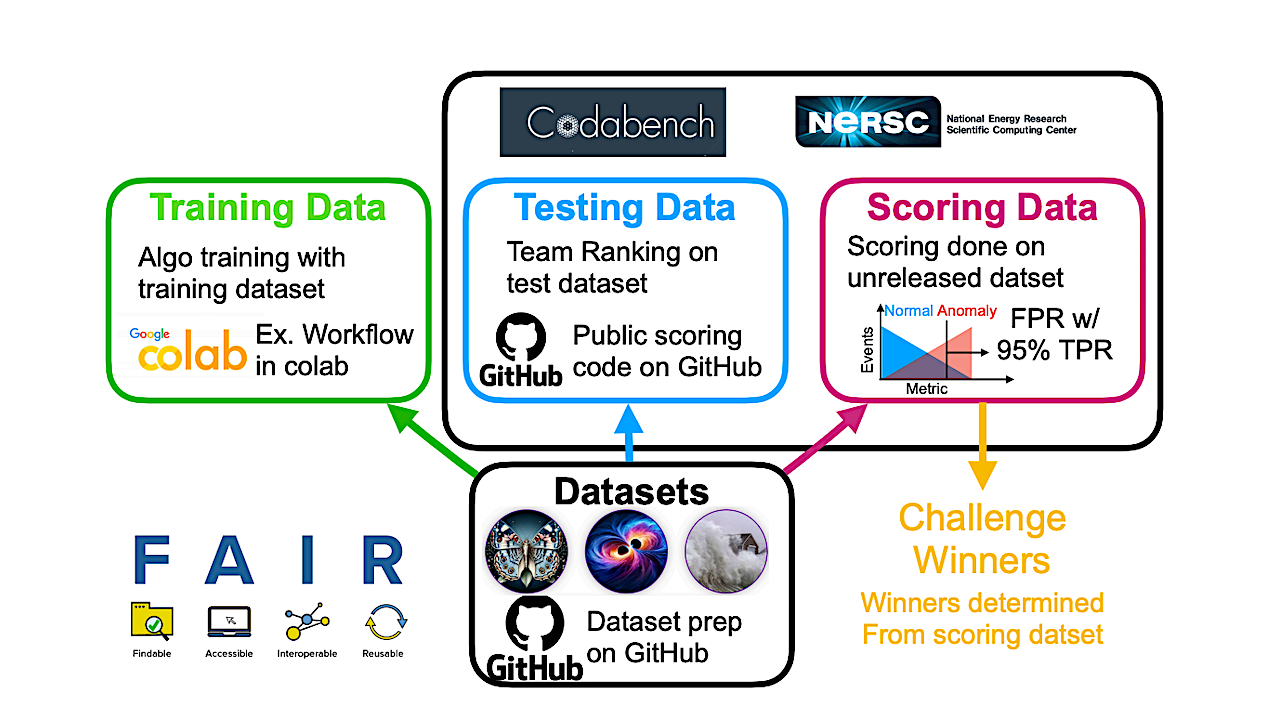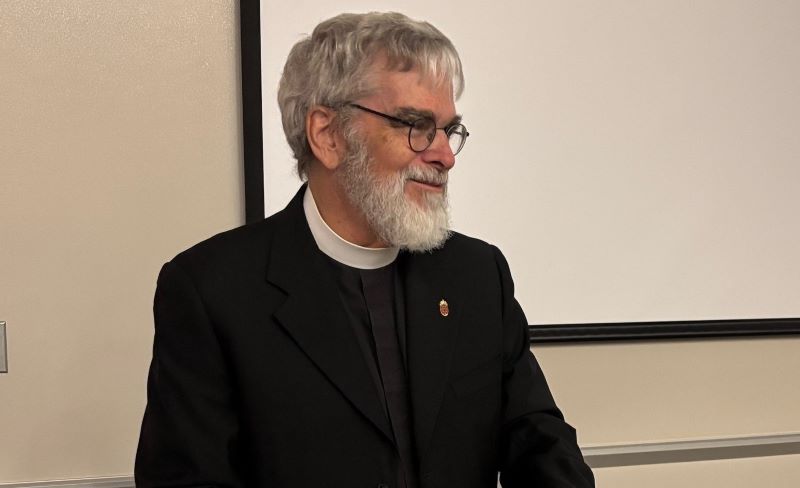Quantum Leap: Unraveling the Mind-Bending Mystery of Superposition on World Quantum Day 2025
Science
2025-04-14 16:00:10Content

Imagine a world where reality bends the rules of common sense—where tiny particles can exist in multiple states simultaneously, defying our everyday understanding of physics. This mind-bending phenomenon is known as quantum superposition, a cornerstone of quantum mechanics that challenges everything we know about the nature of reality.
At the microscopic level, particles can inhabit a strange limbo of possibilities, existing in two or more states at once. It's as if a coin could be both heads and tails simultaneously—until someone takes a peek. The moment an observation occurs, this magical state of multiple possibilities collapses into a single, definitive reality.
This bizarre behavior is not just a theoretical curiosity, but a fundamental principle of quantum mechanics. It suggests that the very act of observation can fundamentally alter the state of a particle, creating a mysterious dance between potential and actual existence. Scientists continue to explore this phenomenon, pushing the boundaries of our understanding of the universe's most fundamental building blocks.
The quantum world remains a realm of wonder, where particles can be in two places at once, existing in a state of pure potential—right up until the moment someone decides to look.
Unraveling the Quantum Enigma: When Particles Dance Between Realities
In the mysterious realm of quantum mechanics, scientists continue to explore one of the most perplexing phenomena that challenges our fundamental understanding of reality. The boundary between observation and existence becomes blurred, revealing a world where the impossible seems not just probable, but intrinsic to the very fabric of our universe.Revealing the Hidden Dimensions of Quantum Mechanics' Most Bizarre Phenomenon
The Quantum Superposition Paradox: Reality Beyond Human Perception
Quantum mechanics presents a revolutionary perspective that defies classical physics, introducing a realm where particles exist in multiple states simultaneously. Unlike macroscopic objects that maintain consistent properties, subatomic particles demonstrate an extraordinary capacity to inhabit multiple configurations concurrently. This phenomenon challenges our traditional understanding of physical reality, suggesting that the universe operates through principles far more complex and nuanced than previously imagined. Researchers have discovered that these microscopic entities possess an inherent flexibility, existing in a probabilistic state until direct observation occurs. The act of measurement itself transforms the particle's potential, collapsing its multiple potential configurations into a singular, definitive state. This remarkable characteristic implies that reality at its most fundamental level is not fixed but fluid, constantly shifting and adapting based on observational interactions.Quantum Entanglement: The Mysterious Connection Beyond Space and Time
Beyond superposition, quantum mechanics reveals another extraordinary phenomenon: quantum entanglement. Particles can become intrinsically linked, sharing instantaneous connections that transcend traditional spatial limitations. When two particles become entangled, their properties remain interconnected regardless of the physical distance separating them, suggesting a profound underlying unity in the universe that defies conventional scientific understanding. Experimental evidence has consistently demonstrated this phenomenon, where measuring one particle's state immediately influences its entangled partner, regardless of their separation. This instantaneous communication challenges our comprehension of causality and suggests the existence of fundamental interconnectedness that extends beyond our current scientific frameworks.Technological Implications of Quantum Superposition
The principles of quantum superposition are not merely theoretical curiosities but hold immense practical potential. Quantum computing represents one of the most promising applications, leveraging particles' ability to exist in multiple states simultaneously to perform complex calculations exponentially faster than classical computers. Researchers are developing quantum algorithms that could revolutionize fields ranging from cryptography to drug discovery. By harnessing the probabilistic nature of quantum systems, scientists anticipate breakthroughs in solving previously intractable computational challenges, potentially transforming technological capabilities across multiple domains.Philosophical and Existential Considerations
The implications of quantum superposition extend far beyond scientific and technological realms, challenging fundamental philosophical concepts of reality, consciousness, and perception. If particles can genuinely exist in multiple states simultaneously, what does this reveal about the nature of existence itself? Philosophers and physicists alike continue to debate the profound metaphysical questions raised by quantum mechanics. The notion that observation fundamentally alters reality suggests a deeply interactive relationship between consciousness and the physical world, blurring the boundaries between subjective experience and objective phenomena.Future Research and Unexplored Frontiers
As scientific understanding continues to evolve, quantum mechanics remains a frontier of exploration. Emerging research techniques and advanced experimental methodologies promise to unveil deeper insights into the mysterious world of quantum phenomena. Interdisciplinary collaborations between physicists, mathematicians, philosophers, and technologists are crucial in deciphering the complex mechanisms underlying quantum superposition. Each breakthrough brings humanity closer to comprehending the intricate, interconnected nature of reality at its most fundamental level.RELATED NEWS
Science

Innovate or Perish: How Scientific Breakthroughs Are Driving America's Global Dominance
2025-03-07 15:09:42
Science

Unmasking the Invisible: How Machine Learning is Revolutionizing Scientific Anomaly Detection
2025-04-26 19:22:21
Science

Stargazing Pontiff's Emissary: Vatican Astronomer Reveals Pope's Scientific Passion in Missouri Lecture
2025-04-25 17:29:33





